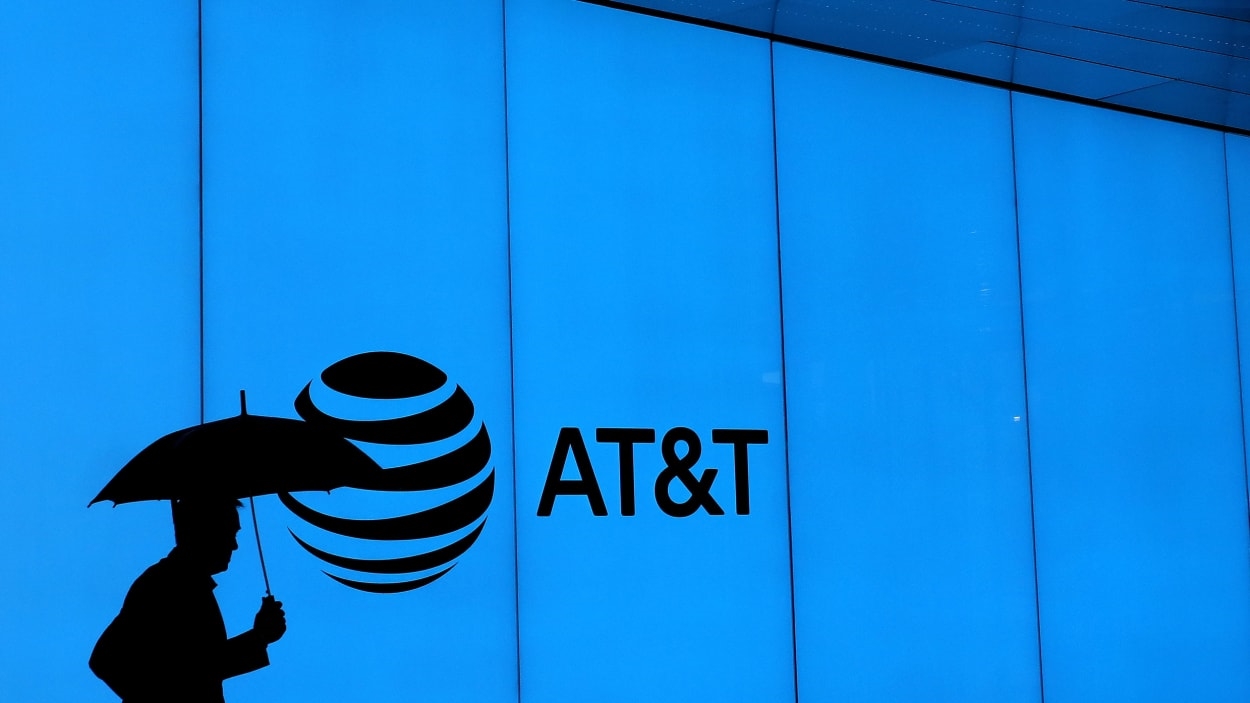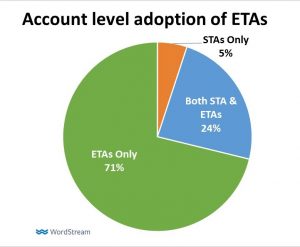Lead-footed telecom investors are racing for the exits over fears that AT&T, Verizon, and other industry giants could be on the hook for potential health risks posed by decades-old infrastructure.
According to a report Monday by analyst firm MoffettNathanson, four major telecom firms have shed a combined $18 billion in market cap since July 9. That’s when the Wall Street Journal ran the first story in an investigative series on lead-covered cables left over from old telephone networks, some dating back more than a century. The lead poses a “hidden health hazard,” the WSJ writes, adding that telecom companies have allegedly known about potential exposure risks from the cables for years.
In addition to Verizon and AT&T, MoffettNathanson’s analysis also cites share prices for Lumen Technologies and Frontier Communications, with the latter seeing an especially sharp decline last week. The firm estimates that the companies saw an average decline of 6.4% since the WSJ series began. Some of the stocks were down again on Monday morning, adding to their losses.
The prevalence of and potential danger posed by lead-sheathed cables as asserted by the WSJ appeared to come as a surprise to industry watchers, with MoffettNathanson saying the topic had never been raised before in the firm’s tenure covering the telecom sector. Likewise, a post from Morningstar published last week said, “In more than two decades covering the telecom industry, we’ve never heard mention of an issue related to lead in cable sheathing.”
While Morningstar said it doesn’t expect the industry will face substantial legal repercussions for the lead-covered cables, MoffettNathanson said the impact is hard to predict. “So, how big a deal is this? The unsatisfying, but honest, answer is that at this point we have nothing but unknowns to work with and no real way to quantify the companies’ exposure,” analysts Craig Moffett and Nick Del Deco wrote. “Lead risk is clearly not a good thing, but we don’t know how bad it will ultimately be. It would be disingenuous to try putting firm numbers around it.”
Either way, it’s not looking good in the short term. Industry leader AT&T has been downgraded twice in the past few days, once by JPMorgan on Friday and then by Citigroup on Monday. (Analysts are also not thrilled with growth outlooks for the company’s wireless business.) Its stock was nearing a 30-year low as of Monday morning.
Fast Company reached out to the four telecom companies mentioned in the report for comment. AT&T, Verizon, and Frontier didn’t immediately reply. A spokesperson for Lumen referred us to USTelecom, an industry trade group, which pointed to a website that the group has set up to help consumers understand the full scope of the lead situation.
“Many considerations go into determining whether legacy lead-sheathed telecom cables should be removed or should be left in place, including those regarding the safety of workers who must handle the cables, potential impacts on the environment, the age and composition of the cables, their geographic location, and customer needs as well as the needs of the business and infrastructure demands,” USTelecom said in a statement to Fast Company. “The U.S. telecommunications industry stands ready to engage constructively on this issue.”
Disclosure: Morningstar founder Joe Mansueto owns Fast Company.
(3)






